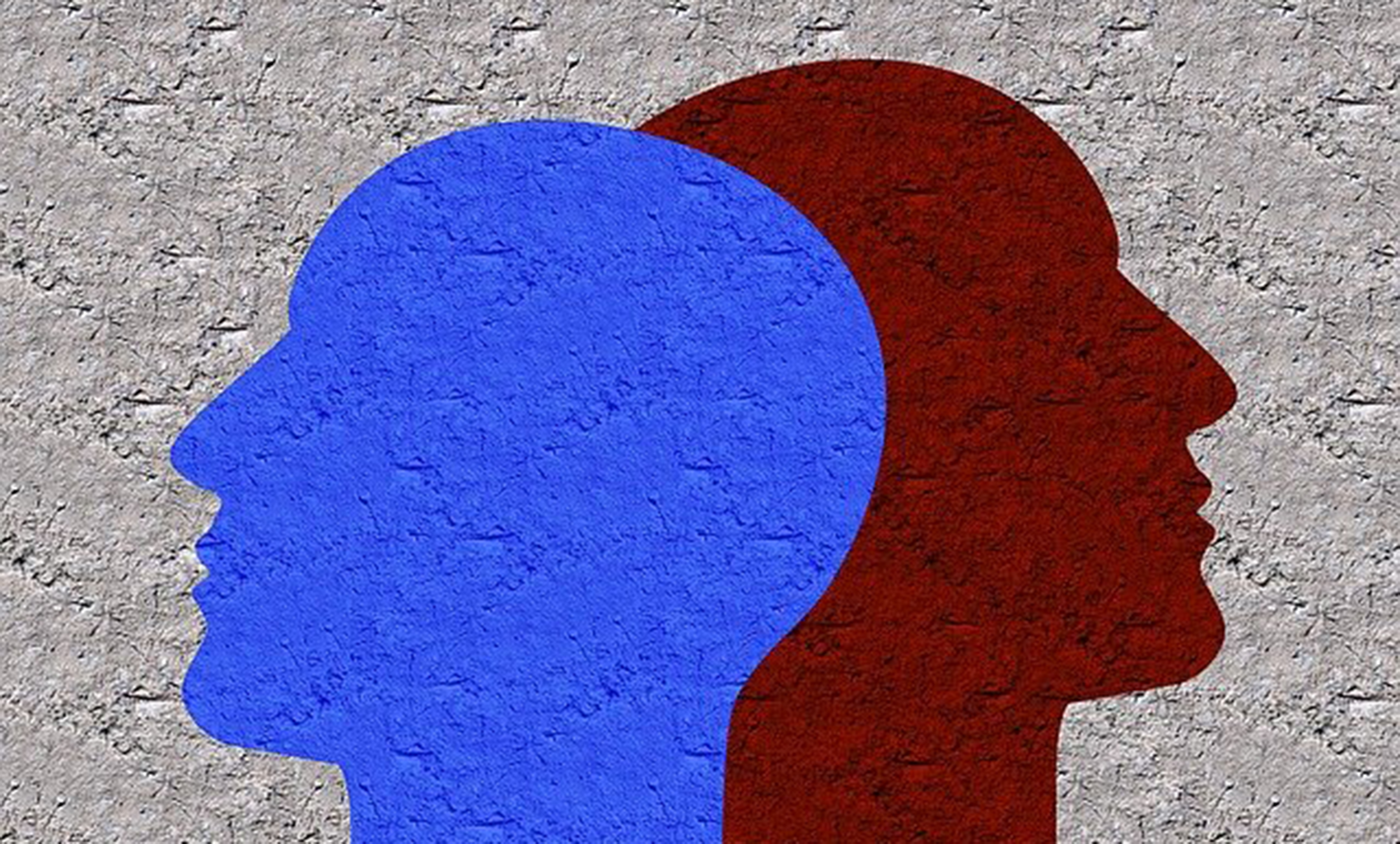Part 2: Personality disorder vs. psychiatric disorder.
Many people who work outside the field of psychology understand mental health challenges as fitting into just one bucket of disorders. However, personality disorders are very different from psychiatric disorders. In fact, the most current Diagnostic and Statistical Manual, the DSM-5, states that “Personality disorders are qualitatively distinct clinical syndromes.”
Let’s get a better understanding of what this means.
A personality disorder (e.g. narcissistic personality disorder) is a cluster of (personality) traits and behavioral patterns that represent inflexible, long-standing, deeply-rooted ways of thinking, feeling, and acting about and toward oneself and others. The pattern is manifested in the areas of thinking about and perception of oneself and others, emotional responses, interpersonal functioning, and behavioral regulation.
A psychiatric disorder (e.g. major depressive disorder), on the other hand, is a mental health challenge that involves significant changes in thinking, emotion, and/or behavior and which causes distress and/or problems in social, work, family, and/or other important areas of functioning.
Comparing the two lists below can help you further conceptualize how a personality disorder is different from a psychiatric disorder:
A personality disorder (such as narcissistic personality disorder):
- Is similar to a disorder (i.e. extreme or significant deviations from the way the average individual in a given culture perceives, thinks, feels, and relates to others).
- Is characteristic (a feature or quality typically belonging to a person and serves to identify it).
- Is pervasive and enduring.
- Is distressing due to negative consequences.
- There is dysfunction of the psychological system called the “person.”
- It is the way someone “is.”
A psychiatric disorder (such as major depressive disorder):
- Is similar to an illness (a disease or period of sickness affecting the body or mind).
- Is symptomatic (i.e. has symptoms).
- Runs a course, typically.
- Is distressing due to its presence.
- There is dysfunction of a psychological system (mood, thinking, and/or behavior is/are affected).
- Is what someone “has” or “develops.”
In the next few segments in this series, I will talk about the three clusters of personality disorders, what “causes” personality disorders, why it’s important to identify a personality disorder, and whether there are treatments for personality disorders.











